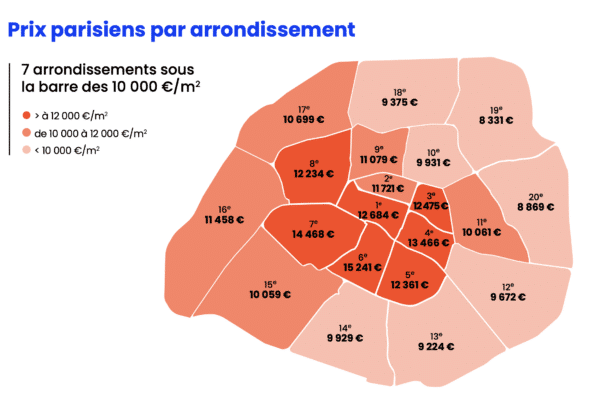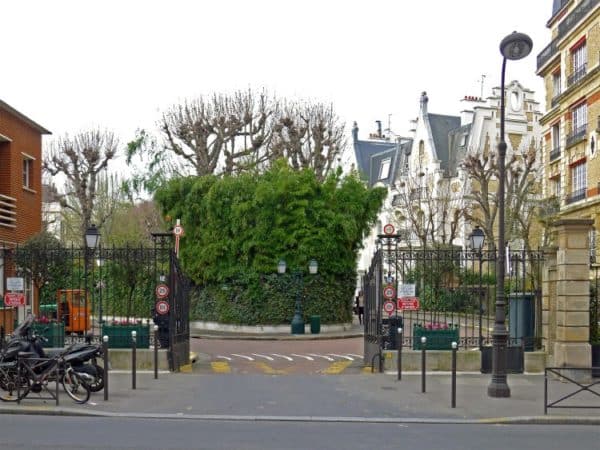Expert Insight, Breaking News, and Insider Stories on Real Estate in Paris
Capital Gains Tax laws in France: substantial hikes to affect non-resident owners
Rental income and sales of investment property or second homes by French residents have always been subject to social security contributions (payroll taxes). The previous rate of 13.5% was raised to to 15.5% on July 1st of this year. Unlike in the United States, gains realized from the sale of a primary residence are not taxed at all.
Until now, non-resident owners have been exempt from that obligation. But on July 31st, the French parliament adopted the supplementary budget put forth by President Hollande’s party, which includes subjecting non-resident owners to social contributions on their rental income and property sales. The new law has yet to be published in the Official Journal, so it is not yet in effect; but once it is, it will result in substantial hikes in the effective tax rates paid by non-residents on property owned in France.
For rental income from French source property, the total tax due will rise from 20% to 35.5%. This change will be retroactive to apply to rents earned as of January 1, 2012.
Subject to bilateral tax treaties, people living abroad who sell a property situated in France are subject to a tax levied on the capital gain realized on the sale. The method of calculating the tax is identical to that of a French resident, with the exception of the rate of taxation:
- 19% for fiscal residents of the European Union, Liechtenstein, Iceland or Norway;
- 33.33% for fiscal residents of other countries designated as “cooperative” with French tax authorities (including the US, Canada, Australia, Monaco …)
- 50% for fiscal residents of “non-cooperative” countries, a black list of 18 nations including Costa Rica, Panama, the Philippines, Brunei…
Once the new law goes into effect, 15.5% for payroll taxes will be added to these amounts. That will bring the effective rate for EU residents to 34.5%, in line with the tax rate paid by French residents. But for non-EU owners in tax-cooperative countries, the sales tax on French-owned property will be nearly 49% of the value realized – what many see as an unjustified and unfair result. This piece of the legislation regarding capital gains tax on sales will apply to all sales finalized on the date of publication in the Official Journal or after.
The stage is already being set for legal challenges to the new law. In fact, even under the current law, some non-EU sellers have successfully challenged their capital gains tax treatment as discriminatory, a topic we covered previously.
We also explain more about the current Capital Gains Tax in our Ask Miranda YouTube series.
Contact Paris Property Group to learn more about buying or selling property in Paris.











